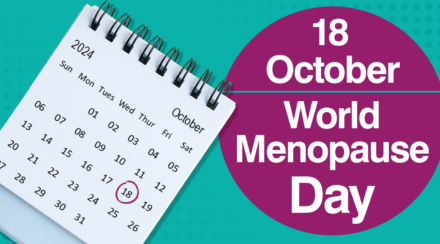Menu

Cancer and the Workplace: Part 2, Treatment and Recovery
After discovering, being diagnosed, and then disclosing my cancer to my workplace, then came the big leagues – the start of my treatment. Once I received my results, I was set up with a treatment plan.
For me, I found a clear plan comforting. I liked that I could see the journey ahead, that I knew exactly where I had to be and what I had to be doing at each step of the way. As someone with a corporate background, it felt shockingly similar to having a mission statement and planning out the roadmap of achieving that mission.
Treatment looks different for everybody, depending on the type of cancer you have been diagnosed with and the stage of progression of that cancer. For me, I was going in for lymph node clearances, and then eventually my mastectomy surgery, followed by reconstructive surgery. This had me bedbound in hospital for 10 days, followed by weeks of recovery at home.
As I mentioned in the first part of this piece, communication with your employee is key during this process. Employers should do their best to be in the loop of surgery dates, wellbeing updates, and just general support and attentiveness during this particular stage of the journey. This is the most taxing part; not just physically from the treatments, but it can be mentally exhausting to be unwell. Especially for someone who enjoys busying themselves and was spurred on by the idea of working – such as myself! Being forced to simply sit and heal can be tricky for someone itching to get back to their normal routine of work and life.
In this sense, having that accessible line of communication open will help to keep the employee feeling involved as they undergo this treatment. If they are like me, they will still want to know what’s going on and feel up to date on working matters; however, if the employee feels they just need to shut off from that until their recovery is complete, then this should also be respected.
It’s all about finding the perfect balance, and the only way of finding that is by asking what they need. Whether they want to jump back in the moment they are in recovery mode or whether they would like to be back to full health again before they begin their re-assimilation back into working life.
And another thing that employers need to be considerate of is being flexible to those caring for cancer patients who are in recovery. In the immediate weeks after the operations, I found that I needed help doing the most basic of things – hanging up washing, cooking, taking a shower. During this period, the person caring for you is going to need to be afforded the same flexibility and understanding as the person in recovery, and so as an employer it is key to ensure that these reasonable adjustments can be made for all involved.
In the final part of this series, I am going to be exploring the remission and return to work stage, and what employers should be doing to make this process as smooth and as effective as possible.
In the meantime, if you would like to discuss the coaching and workshops we offer around cancer support in the workplace, please get in touch with me at therese@orgshakers.com



